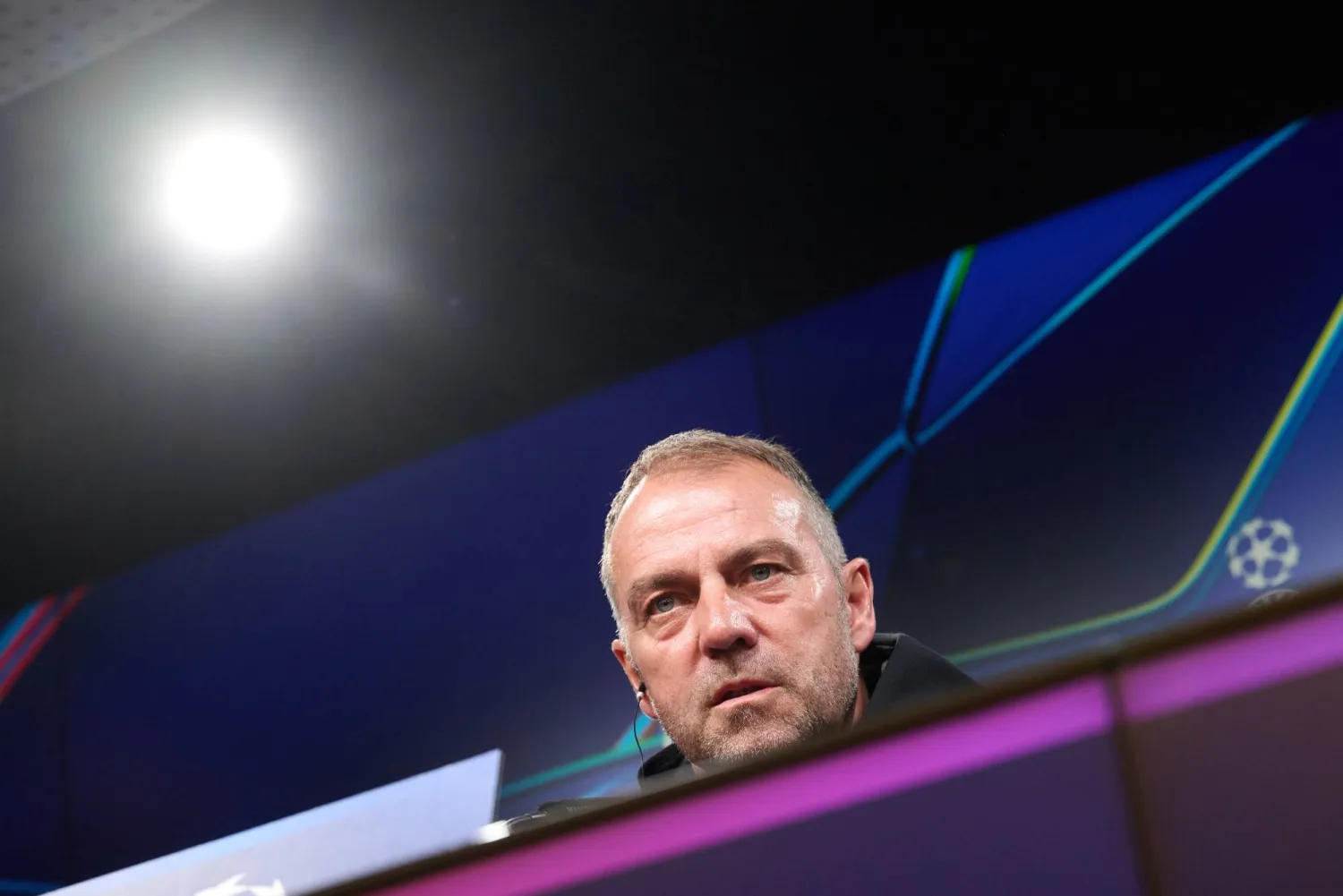From jeers to cheers inside three days.
Germany beat World Cup runner-up France 2-1 in a friendly on Tuesday in a dramatic turnaround from being whistled by the crowd in a 4-1 loss to Japan on Saturday. That defeat cost Hansi Flick his job as coach the following day.
The win lifts some of the gloom around the team hosting the European Championship next year.
“We really threw ourselves into it and I think people saw that,” goalkeeper Marc-André ter Stegen told broadcaster ARD. “These have been strange, difficult days and it was all the better that we could turn things around with the win. I think it gives us confidence and that was what we definitely need right now.”
Thomas Müller scored early on and Leroy Sané added a second on a late counterattack, ending the run of five winless games which led to Flick being ousted Sunday. The search is on for a new permanent coach ahead of games against the United States and Mexico next month.
Against France, Germany was coached by a three-person caretaker team including sporting director Rudi Völler. He was Germany’s coach when it reached the 2002 World Cup final but hadn’t taken charge of any game for 18 years.
France had not conceded a goal in five games since losing the World Cup final to Argentina last year, but Germany scored in just the fourth minute. Thomas Müller, brought back to the squad by Flick last week for the first time this year, controlled Benjamin Henrichs’ cross and hammered the ball past goalkeeper Mike Maignan.
France could have had a penalty when Antonio Rüdiger appeared to shove Randal Kolo Muani to the ground in the penalty area in the 20th, but the referee opted not to give it. Aurelien Tchouameni had chances to score with two first-half headers at corners and a low shot in the 57th which was saved.
Sané made it 2-0 on a swift counter in the 87th but almost immediately gave away a penalty for a foul on Eduardo Camavinga. Antoine Griezmann converted the spot-kick.
On a night when Germany far surpassed expectations, there was concern over its captain, Barcelona midfielder Ilkay Gündogan, who went off injured in the 25th after landing heavily on his back following an aerial challenge.









